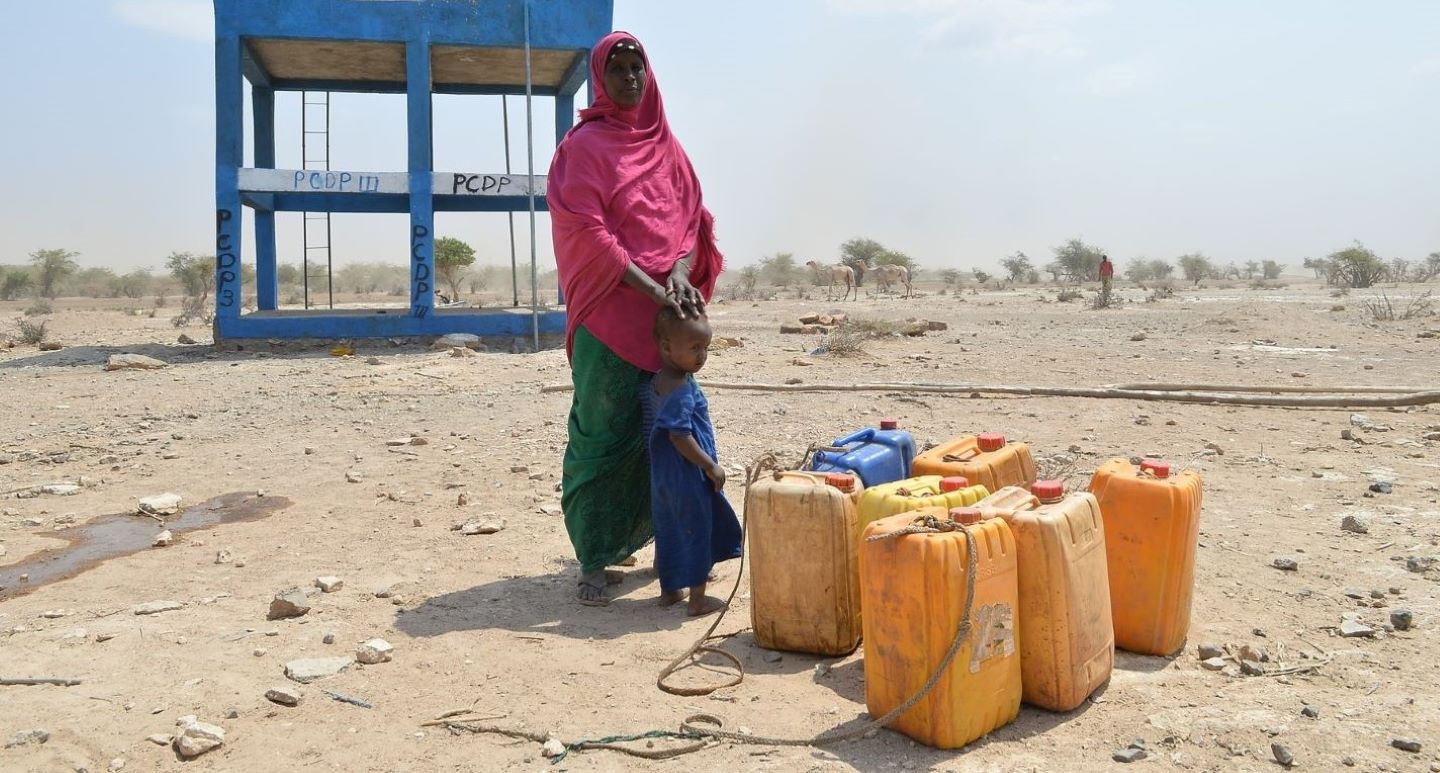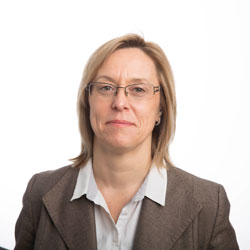When it comes to measuring water security, lived experiences matter
IFAD Asset Request Portlet
Asset Publisher
When it comes to measuring water security, lived experiences matter
Estimated reading time: 3 minutes
All living things on our planet rely on water to survive. Yet many people struggle to access this precious resource.
The demand for water in many rural areas around the world is outstripping supply, an issue known as water stress. Climate change, growing populations and unsustainable resource management are exacerbating the problem.
Historically, access to safe water has been tracked by measuring whether infrastructure is available and working. However, to effectively address water stress, we need to understand not only whether there are pipes and taps, but also whether this infrastructure is meeting the needs of the people who rely on it.
A community-driven, policy-relevant measure of water security
IFAD has a long history of elevating the voices of rural people, involving them in the design and roll-out of our projects. As more organizations begin to use this community-driven approach, perhaps it’s also time to consider people’s lived experiences when we evaluate success.
This is where the Water Insecurity Experiences (WISE) Scales come in. In just three minutes, this open-access tool measures people’s water issues by asking about water accessibility (is it obtainable?), water use (is it enough for household needs?) and water stability (is it reliable?).
Responses to 12 questions are summed to generate a score that can be compared across populations and over time to evaluate whether water security is improving.
Data from the WISE Scales complement findings from traditional water indicators, like average time to water source, to provide holistic information that can help organizations identify the causes of local water issues, who is most affected and potential intervention points.
However, despite the WISE Scales providing a more complete understanding of water insecurity, they are currently underused.
A proven approach
Combining traditional water indicators with experiential data enables organizations, like IFAD, to better respond to development challenges. For example, food insecurity used to be measured solely using supply-side indicators, like calories per capita, which ignore inequalities in food access.
Then, starting in the early 1990s, organizations began recognizing the importance of lived experience. For example, FAO's Food Insecurity Experience Scale, which measures people’s experiences with accessing and benefiting from diverse foods, is now a standard indicator and is used to track progress toward Sustainable Development Goal 2: Zero Hunger.
Such experiential food insecurity tools are now regularly used alongside traditional malnutrition scales to give a full picture of nutrition-related challenges so organizations can do more to fight hunger.

©IFAD/Enoch Kavindele Jr
More needs to be done
Working closely with rural people, partners and governments, IFAD invests in water infrastructure and technology so small-scale farmers can grow food, even as climate change makes water ever scarcer.
To ensure its projects are improving the lives of rural people, IFAD regularly monitors its development effectiveness in relation to core indicators, including water availability and access. By complementing these data with feedback directly from project participants, it would be possible to strengthen reporting and better understand whether water services work for the people they're designed for.
WISE Scales give a voice to rural communities. They provide insights into the accessibility and adequacy of this essential resource and reveal water insecurity’s far-ranging impacts – from gender to health and energy.
We hope that more organizations will begin to use this holistic approach to measuring water insecurity – and, in doing so, better address the needs of the people we serve.
Joshua Miller is a doctoral student in the Department of Nutrition at the University of North Carolina at Chapel Hill. Audrey Nepveu de Villemarceau is a Global Technical Specialist in Water and Rural Infrastructure at IFAD.
Publication date: 23 January 2024